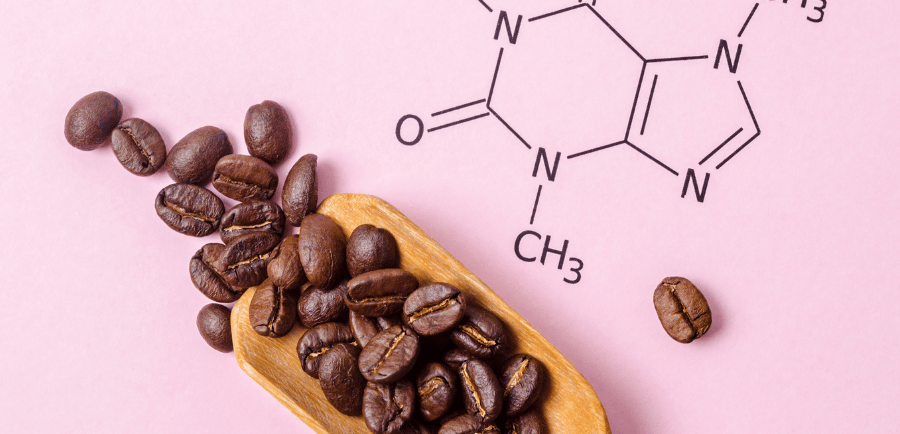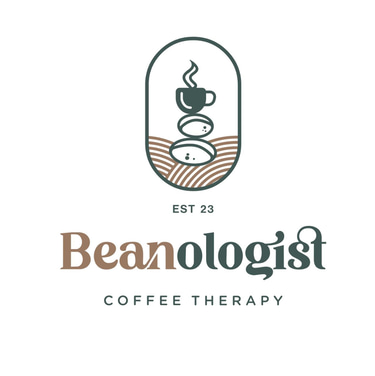The Intriguing World of Caffeine
Caffeine, the world's most widely consumed psychoactive drug, fuels our mornings, perks up our afternoons, and is often the star of our favorite beverages.
2/26/20242 min read


Caffeine, the world's most widely consumed psychoactive drug, fuels our mornings, perks up our afternoons, and is often the star of our favorite beverages. But beyond its well-known ability to keep us alert, there's a whole world of fascinating facts surrounding this ubiquitous substance. So, buckle up and get ready to dive into the surprising and intriguing world of caffeine!
1. Coffee vs. Tea: The Great Caffeine Conundrum: While coffee is often associated with a strong caffeine kick, a cup of tea can actually pack a similar punch! The amount of caffeine varies depending on the brewing method, bean type, and tea leaves used, but both beverages can deliver a stimulating dose of energy.
2. Chocolate: A Sweet Source of Caffeine: Craving a sweet pick-me-up? Look no further than chocolate! Cocoa beans naturally contain caffeine, and the darker the chocolate, the higher the concentration. So, next time you reach for a piece of dark chocolate, you're not just indulging your taste buds, you're also getting a subtle dose of caffeine.
3. From Plants to Pharmaceuticals: Caffeine isn't just a beverage additive; it also has medicinal applications. It's used in some over-the-counter pain relievers to enhance their effectiveness and is even present in certain eye drops to constrict blood vessels and reduce redness.
4. Not All Caffeine is Created Equal: Did you know that your body absorbs and metabolizes caffeine differently depending on the source? Generally, coffee and tea are absorbed faster than energy drinks, which can lead to a more gradual and sustained release of caffeine into the bloodstream.
5. A Global Phenomenon: From the bustling coffee shops of Europe to the vibrant tea houses of Asia, caffeine consumption is a global phenomenon. In fact, over 2 billion cups of coffee are consumed worldwide every single day!
6. A Boost for the Brain (and the Body): Beyond its energy-enhancing properties, caffeine offers other potential benefits. Studies suggest it can improve cognitive function, boost athletic performance, and even offer some protection against certain neurodegenerative diseases. However, moderation is key, as excessive caffeine intake can lead to negative side effects.
7. A Natural Pesticide: Believe it or not, caffeine actually serves as a natural pesticide for plants! The presence of caffeine in coffee beans, tea leaves, and cocoa beans helps deter insects and other herbivores from feeding on them.
8. Decaf Doesn't Mean Caffeine-Free: While decaffeinated coffee and tea contain significantly less caffeine than their regular counterparts, they're not entirely caffeine-free. A small amount of caffeine can still be present, and the exact amount can vary depending on the decaffeination process used.
9. A Long and Storied History: The history of caffeine consumption stretches back centuries. Coffee beans were first cultivated in Ethiopia around the 9th century, while tea has been enjoyed in China for millennia.
10. A Complex Molecule with a Simple Pleasure: Despite its complex scientific nature, caffeine's appeal boils down to a simple pleasure: a boost of energy and a touch of enjoyment. From the comforting aroma of freshly brewed coffee to the delicate floral notes of a fine tea, caffeine offers a sensory experience that's deeply ingrained in our daily routines and cultural traditions.
So, the next time you reach for your favorite caffeinated beverage, remember, you're not just enjoying a delicious drink, but also delving into the fascinating world of one of the most intriguing and widely consumed substances on the planet.

